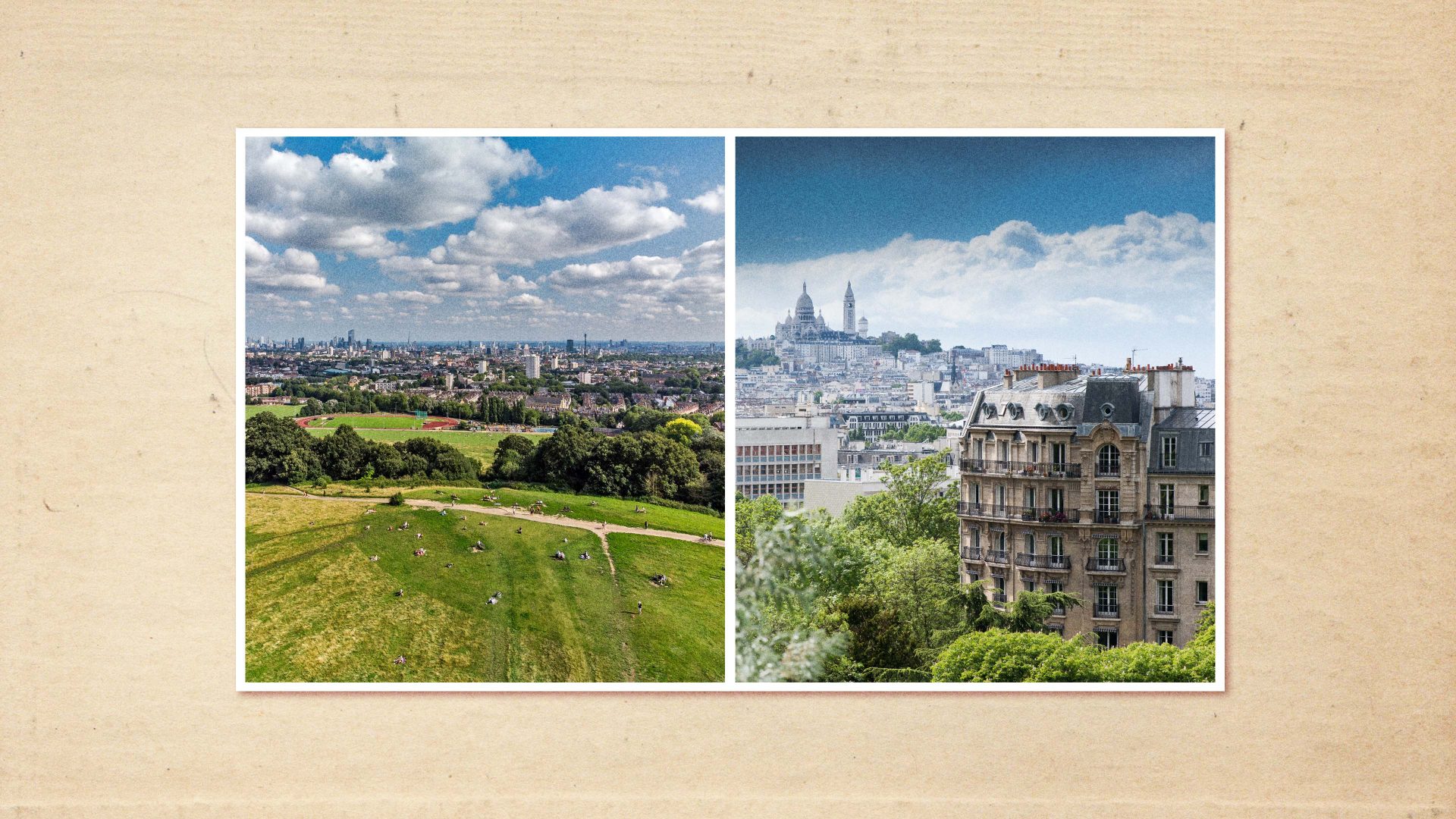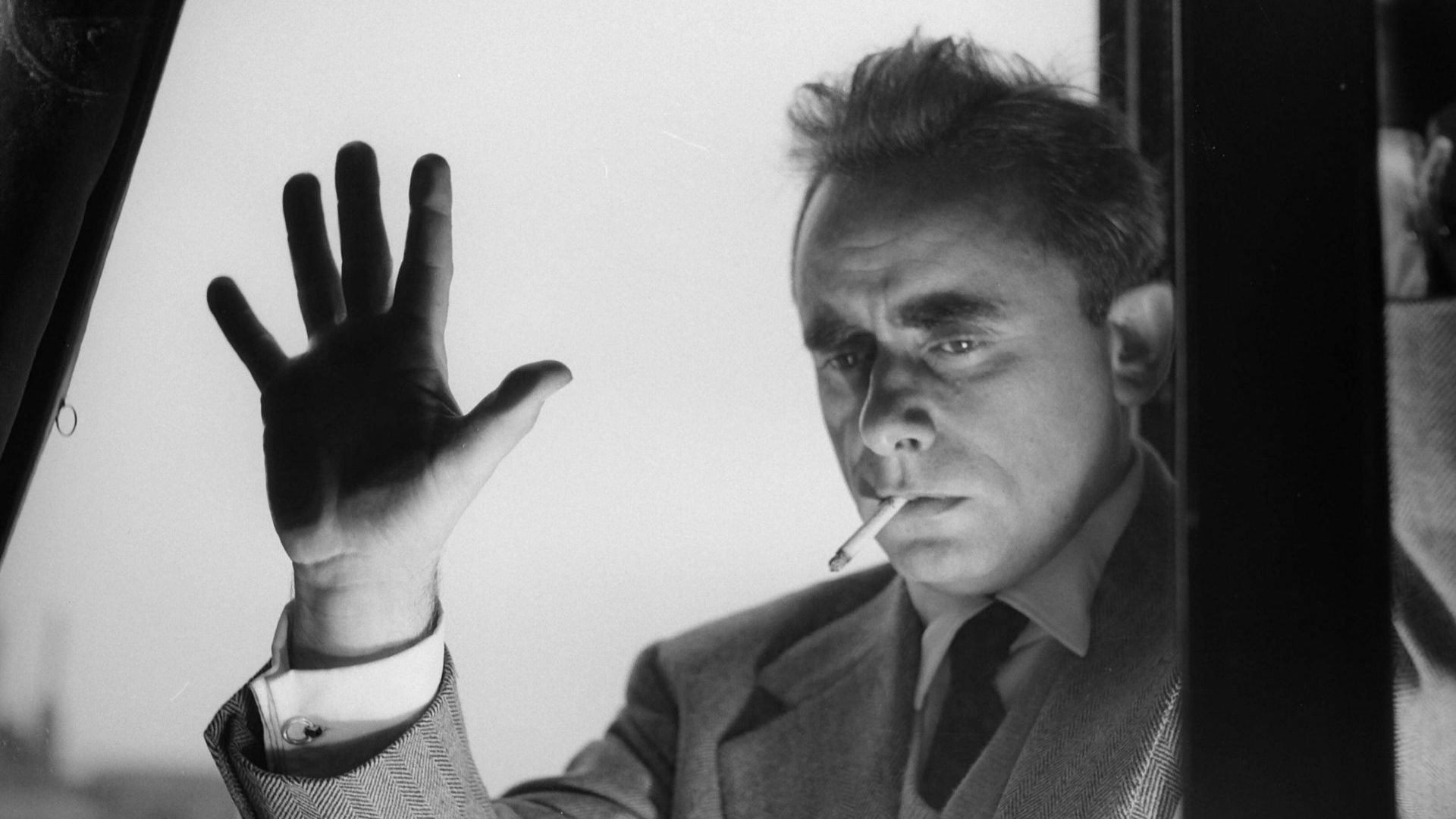For their assessment, my students have to write a 2,500- word essay comparing and contrasting the British and French schools of psychogeography – by which is meant those writers and thinkers whose work best exemplifies the different ways these two nations have of regarding (or not) the complex conundrum of psyche and place experienced collectively. So, we’re talking the English Romantics – Wordsworth, Coleridge, de Quincey et al – as against the French flâneurs: Balzac, Baudelaire, Aragon and their ilk. And we also need to consider – I tell them – the underlying differences in human and physical geography: Britain industrialises – and therefore urbanises – markedly earlier, hence the environmental nostalgia of the Romantics writing in the early 1800s, as against the metropolitan coup de foudre experienced by the dandies of le Second empire.
Anyway, Janus-faced January is always a good time to compare and contrast: out with the old year – in with the new; but the paradox that unites Britain and France now is that it’s the senescent who will, yet again, dominate the
renascent: Rishi Sunak’s government will stand or fall on the basis of how it deals with the social care crisis, just as Emmanuel Macron’s fate rests on his espoused – and much-delayed – reform of the French pensions system.
Still, it’s hard to imagine the British either before or after retirement, acting up the way the French almost certainly will the second Macron tries to pull the thickly piled rug of social security from beneath their feet. I anticipate a few glum-faced protesters with hand-lettered placards standing about in Parliament Square, as against the usual thick blanket of tear gas and smoke emanating from Place de la Republique as rioters go mano-a-mano with the riot police. London believes its sewer system to be the very acme of Victorian enlightenment – while for Victor Hugo in Les Misérables: “The sewer is the conscience of the city… All the uncleannesses of civilisation, once past their use, fall into this trench of truth, where the immense social sliding ends…”
You could be forgiven, whether in London or Paris, for evading the whole business, trying to ignore the parlous state of your pocket, and instead going for a walk. Yet even in the ’burbs the urge to compare – as if there were some
dialectic to be extracted from mere difference – remains. Both cities have their northern heights; London, the escarpment that runs between Hampstead and Highgate, Paris the one that links the Buttes-Chaumont and Belleville. London has the sylvan Heath, a stretch of untouched rus in the heart of the urb, where a second generation of Romantics – Keats himself, Byron – practised their prosody in the Vale of Health; while Paris has the Parc des Buttes-Chaumont, a Belle Époque fantasia on the notion of Romantic countryside.
Built in the old quarry that supplied the gypsum that made the plaster used to coat the facades of almost all Paris domestic buildings from the medieval period to the late 19th century (and which imbues them with the same uniformity of appearance and ambience that red brick gives to London), the Parc is dominated by a series of faux grottoes and an immense outcropping of gypsum that supports a belvedere, and which is linked to the grassy uplands by footbridges. According to Aragon, one could go for a walk here full of the joys of life – yet on seeing these vertiginous walkways, become gripped by an overpowering desire to end it all; hence their nickname: Les Ponts des suicides.
London has its own “suicide bridge”: the stretch of road crossing over the cutting in the northern heights that contains the A1, while Hampstead Heath has its own propensity for auto-cannibalism: the sands taken from the appropriately named Sandy Wood were bagged to protect Whitehall buildings – then, after the blitz, their rubble was, in turn, used to fill the resultant gulches. But here comparison has to end and contrast reassert itself – together with the frictional travel accompanying greater
passport (if not border) controls since Brexit.
You don’t need to be a thin-skinned Englishman with a French spouse (although it undoubtedly helps) to notice that whatever the constitutional arrangements, or the underlying human and physical geography, the self-righteous British antipathy towards the French remains a constant: week-in, week-out I witness cliched criticisms, both in the media and in ordinary conversation, with no basis in fact. The French are all fascist collaborators/
diehard communists/crypto-Catholics/Zionist globalisers – delete as appropriate, or not. Meanwhile, despite British perfidy over the protocol, and the reneging of basic humanitarian values when it comes to migration, the French seem more bemused than belligerent. It’s almost as if they can see something the British can’t – or won’t: the increasing gap between the facts on the ground – whether economic or geopolitical – and a delusional attitude towards them. Psycho geography, indeed.



